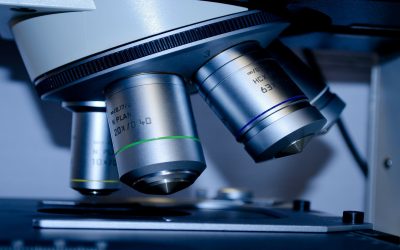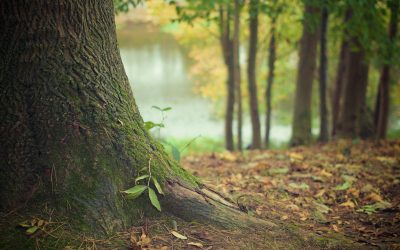Natural resources
environment and climate

RESEARCH AREAS
Natural Resources and Climate
Description
Natural Resources and Climate Area has as its main mission the research and development of processes and technologies that contribute to the sustainable management of Natural Resources and to the improvement and protection of the Environment, paying special attention to those aspects that help to alleviate climate change effects.
Researchers from this area contribute to the scientific understanding of the planet and the beings that inhabit it, studying the structure and functioning of nature and promoting sustainability in the use of its resources.
Research Lines
- Research into water purification solutions using soft technologies (water biofilters) and sustainable drainage systems.
- Research in techniques of water sustainable use and recovery processes.
- Research in techniques and technologies of renaturalization of industrial and household spaces (inside and outside).
- Development of natural solutions for the improvement of air quality (inside/outside).
- Research in forestal management through quantification of ecosystemic services of forest stands and their action facing climate change.
- Development of decontamination (mainly NOX removal) and potabilisation processes (trihalomethanes, radionucleides,etc.)
- Research in new systems and improvement of crops.
- Research in bioproducts (biofertilizers, biostimulants and biopesticides) with agrifood origen.
- Research in bio-phyto remediation of degraded soils through ecological restoration, metal recovery (bio-mining),etc.
- Research in soil restoration solutions, sustrates formulation, technosoils, amendments and composting processes.
Networks and Platforms
- AIF: Asociación Ibérica de la Fotocatálisis.
- EERA: European Energy Research Alliance.
- EIP-Raw Materials: EIP on Raw Materials. Commitments MetGrow & C&D-WRAM (Action Area I.4 & I.5 respectivamente).
- EIP-Water: EIP on Water Action Group on Water reuse and recycling (ID AG045).
- JPI CH: National Consultation Panel para la JPI Cultural Heritage and Global Change.
Publications
- Hidalgo, D. (2019). Sistemas dinámicos de medición de emisiones: el proyecto LIFE GySTRA y la tecnología RSD. Revista Carreteras. 1, 1-8. ISSN: 0212-6389.
- M. Gómez, N. Martín, I. Rodriguez, F.J. Martínez, J.L. Casas, G. Rivas (2019). Proyecto LIFE ALCHEMIA: tratamientos sostenibles para eliminar la radioactividad natural del agua. RETEMA (Revista Tecnica del Medio Ambiente), 212, 112-116. ISSN:1130-9881.
- Rozanska M. K., Del Vecchio M., Sánchez R. (2018) Metodología para re-naturalización de las ciudades, España. CONAMA 2018. ISBN de las actas del congreso: 978-84-09-07670-3.
- R. Marrs, J. Rasal, R. Sánchez, L. Connor, S. Blackbird, R. Rose, Rewilding the uplands: the effects of removing sheep grazing on soils and plants. Aspects of Applied Biology 139, 2018. Ecosystem and Habitat Management: Research, Policy, Practice.
Reference clients:
Team

Alberto Moral Quiza
Head of Agrifood & Processes Division

Raúl Sánchez Francés
Head of Natural Resources Area
Related projects
LIFE DIOXDETECTOR
The technique developed in the LIFE DIOXDETECTOR project for the quantification of PCDDs / PCDFs will represent a revolution compared to other traditional techniques, due to multiple innovative aspects such as the reduction of both sampling and analysis times and the reduction of the costs of analysis, among others.
SHBUILDINGS
SHBUIDINGS develops a degradation prevention system that at the same time serves for the complete management of historic buildings, using advances in sensoring, Internet of things (IoT) and cloud computing, providing objective criteria for decision-making on actions to be carried out in the building where that system is deployed.
BIOSELENER
BIOSELENER develops functional systems for the supply of solid biomass for energy purposes, based on the selective zonal implantation of agroforestry crops.














